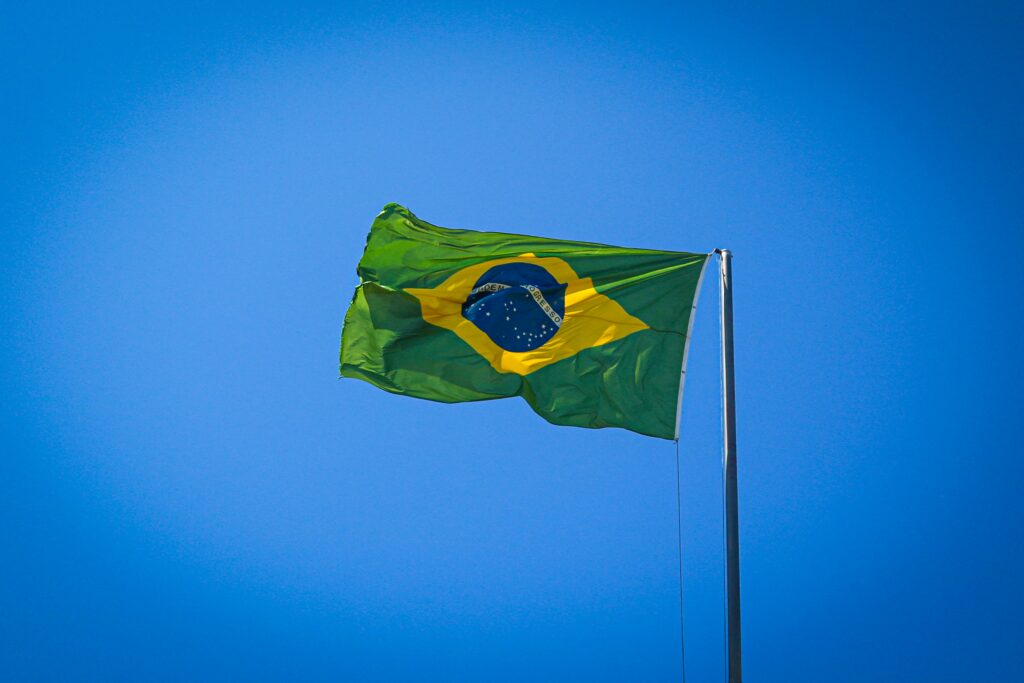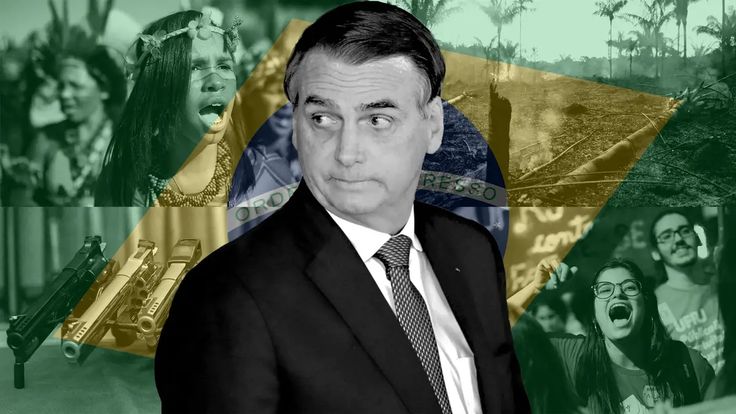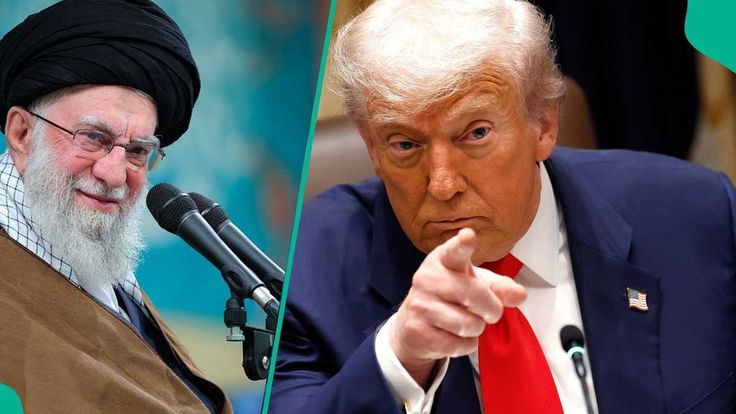The Jair Bolsonaro convicted of coup plot case has sent political shockwaves across Brazil and beyond. Brazil’s former president has been found guilty of attempting to overturn the 2022 presidential election in a sweeping plot that prosecutors say even included plans to assassinate President-elect Luiz Inácio Lula da Silva.
In a landmark ruling, four out of five Supreme Court justices voted to convict Bolsonaro on all five counts, sentencing him to 27 years and three months in prison. The conviction leaves the 70-year-old facing the possibility of spending the rest of his life behind bars and renders him ineligible to run for office for the next eight years.

The Coup Plot Allegations
The Jair Bolsonaro convicted of coup plot verdict stems from allegations that the former president conspired with members of his inner circle to nullify the results of the October 2022 election, which he lost to Lula da Silva. Prosecutors argued that Bolsonaro had “full knowledge” of efforts to pressure the military to intervene, establish a parallel “crisis management office,” and encourage his supporters to storm government buildings in Brasília on 8 January 2023.
Evidence presented in court included internal communications, planning documents, and testimony from co-defendants indicating that Bolsonaro approved plans that could have involved the use of explosives, chemical agents, or “weapons of war” to assassinate Lula, Vice President Geraldo Alckmin, and Supreme Court Justice Alexandre de Moraes.
Justice Moraes, who oversaw the trial, delivered a scathing opinion:
“The defendants committed all the criminal offenses imputed by the Attorney General’s Office,” Moraes said, affirming Bolsonaro’s direct involvement in the conspiracy.
Breakdown of Convictions
Bolsonaro was convicted on five serious charges:
- Plotting a coup d’état
- Participating in an armed criminal organization
- Attempting to abolish Brazil’s democratic order by force
- Committing violent acts against state institutions
- Damaging protected public property during the January 8 storming of government offices
Only Justice Luiz Fux dissented, voting to acquit Bolsonaro and arguing that Lula was never overthrown, therefore no coup had actually succeeded. Fux also claimed the court lacked jurisdiction, suggesting the case should be annulled.
Bolsonaro’s Defense and Reaction
Bolsonaro and his lawyers have consistently denied wrongdoing, framing the trial as a political witch hunt designed to neutralize him ahead of the 2026 general elections.
“Under the pretext of defending democracy, the pillars of democracy were broken to condemn an innocent person,” said Senator Flavio Bolsonaro, the former president’s eldest son, who sharply criticized Justice Moraes.
Supporters of Bolsonaro filled the streets during Brazil’s Independence Day celebrations to protest the trial, waving flags and chanting slogans calling for his acquittal.

International Reactions
The Jair Bolsonaro convicted of coup plot ruling has drawn strong responses internationally — particularly from the United States.
U.S. President Donald Trump, one of Bolsonaro’s closest allies, imposed a 50% tariff on Brazilian goods earlier this year as a warning to end the trial. After the verdict, Trump said he was “shocked” at the outcome, adding, “I thought he was a good president of Brazil.”
U.S. Secretary of State Marco Rubio called the verdict “unjust” and vowed that Washington would “respond accordingly.” The U.S. has already sanctioned Justice Moraes and placed visa restrictions on Brazilian court officials involved in the trial.
Brazil’s foreign ministry hit back, insisting the country would not be “intimidated” by foreign pressure.
A Polarized Brazil
The verdict has further polarized Brazil, with Bolsonaro’s supporters claiming persecution and his critics celebrating what they see as accountability for an attempted power grab.
Legal analysts note that while Bolsonaro’s defense can still file appeals, the ruling becomes enforceable once those challenges are exhausted — potentially meaning he could soon be transferred to federal prison.
Historical Context
The conviction of Jair Bolsonaro places him among a growing list of Latin American leaders facing legal consequences after leaving office.
- Álvaro Uribe, former president of Colombia, was sentenced to 12 years of house arrest in 2025.
- Cristina Fernández de Kirchner, former president of Argentina, was convicted in 2022 of corruption involving public works contracts.
- Lula da Silva, the current president of Brazil, was himself convicted in 2017 on corruption charges, serving more than a year in prison before the Supreme Court annulled his conviction.
This context underscores how deeply political corruption trials are shaping leadership transitions across the region.
What Comes Next
Bolsonaro’s legal team is preparing appeals, but if unsuccessful, the Jair Bolsonaro convicted of coup plot ruling will likely end his political career. Meanwhile, prosecutors are considering additional charges for co-conspirators, including several former military officers and members of Bolsonaro’s cabinet.
Political observers say the ruling could define Brazil’s path ahead of the 2026 elections, with the country now grappling with questions of justice, democracy, and institutional resilience.


